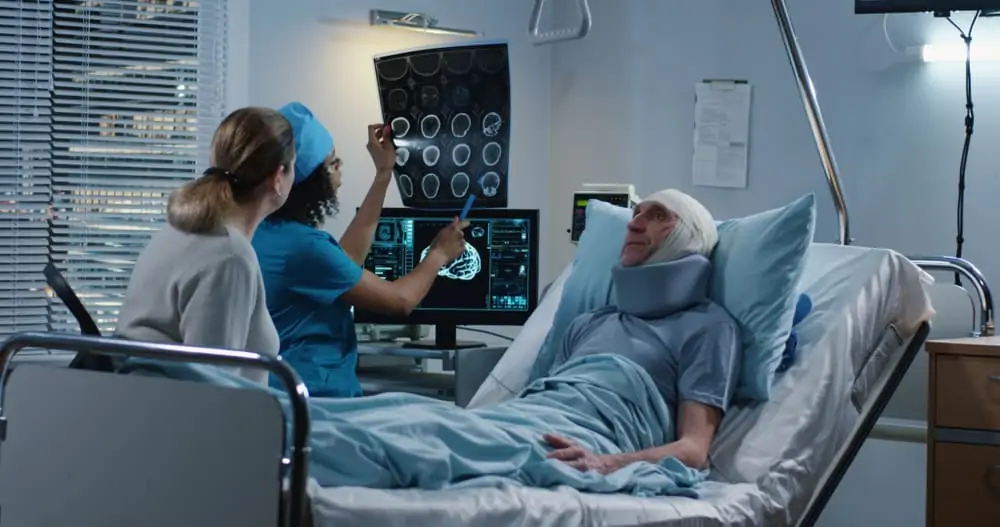
In the post-acute phase of a TBI, patients are often followed by a treating neurologist. A neurologist performs many functions in TBI patients. In addition to monitoring the patient’s symptoms, the neurologist performs routine complete neurological examinations to determine whether the patient is suffering from any further physical neurological deficits.
Additionally, the neurologist may order MRI’s or CT scans to determine if the patient is suffering from any ongoing brain atrophy or atrophy of parts of the brain. He may also prescribe and refill medications to address ongoing problems. Some of these medications may include anti-seizure, headache, and pain medications.
The neurologist may also test for anosmia (loss of sense of smell and taste), on a periodic basis to determine if any such condition is worsening. Sleep studies may also be ordered by the neurologist to assess any disturbances in the pattern of sleep brought on by the TBI. If such disturbances are detected, medications or other equipment may be prescribed to address these problems.
Finally, a neurologist may order and review neuropsychological tests to help establish the nature and extent of ongoing cognitive deficits. This can help guid the patient and the family in terms of assisting with identified problems. The neurologist may also order counseling to assist with psycosocial issue or problems.
